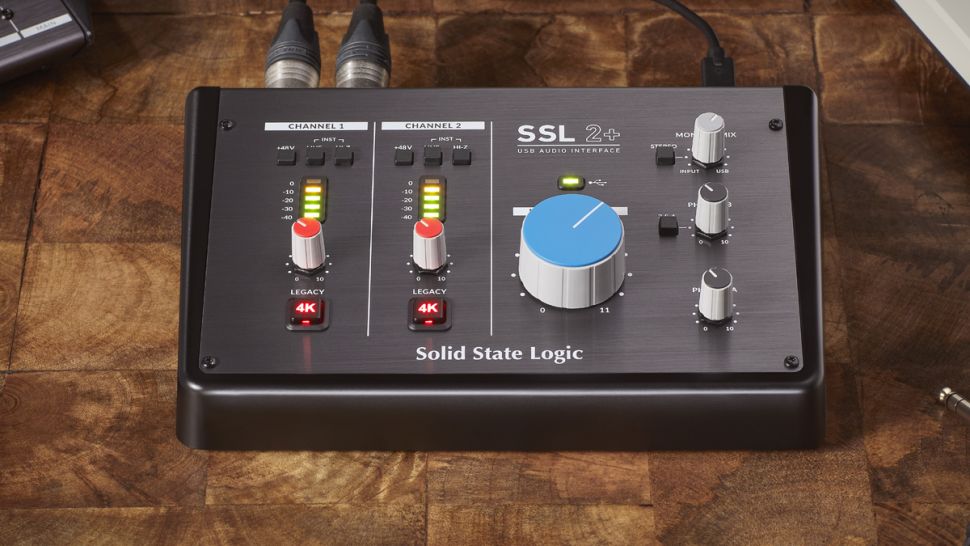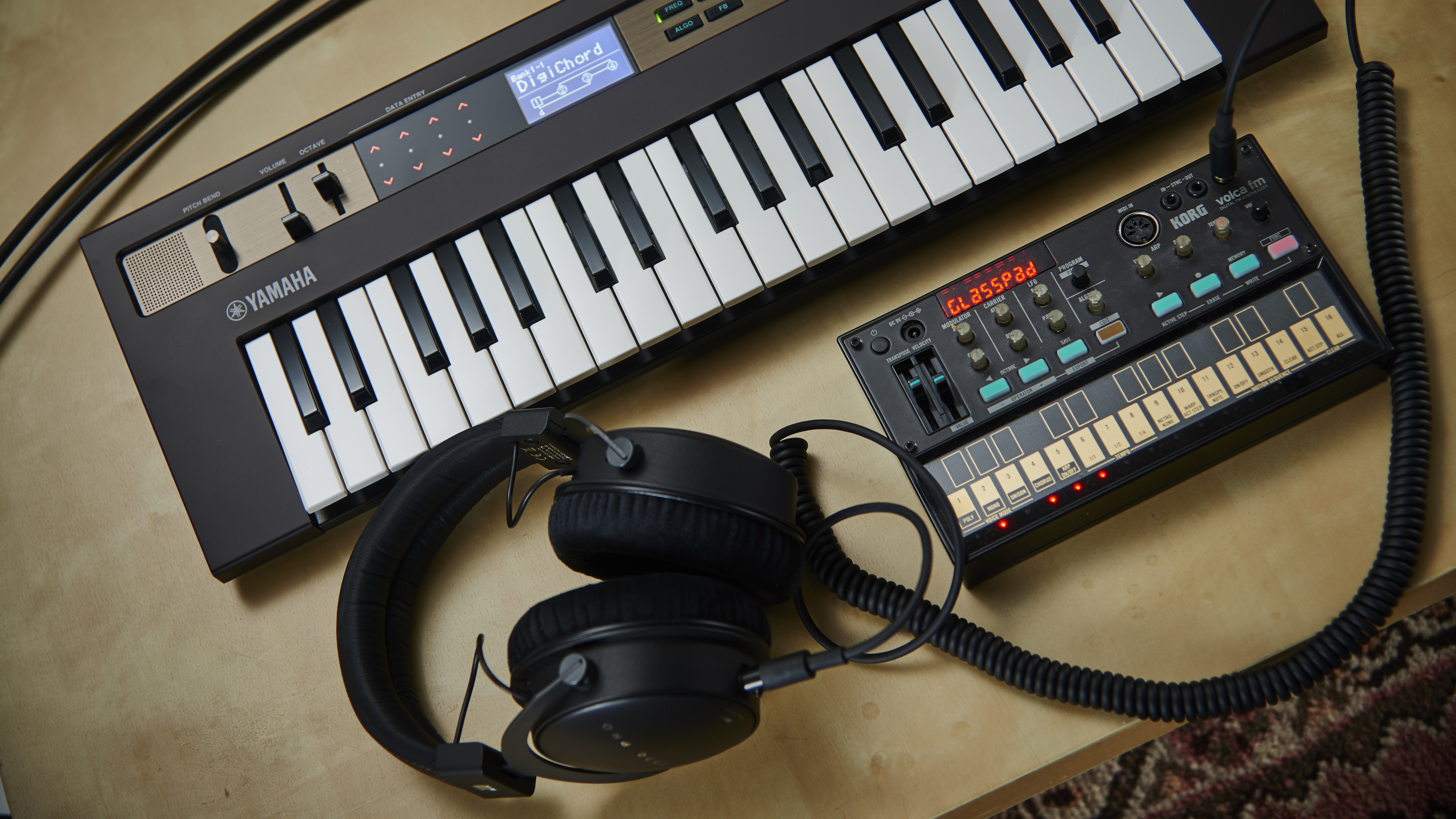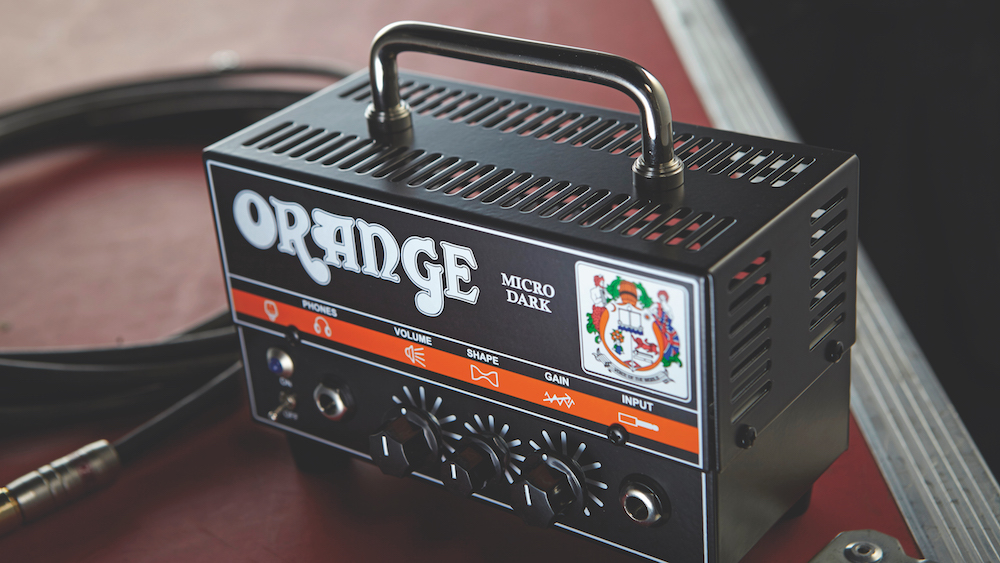"I use amp modellers all the time… mostly not on guitar" – an interview with The National, Interpol producer Peter Katis
The Grammy award-winning producer talks musical pragmatism, vintage rack gear and the pressures of the studio
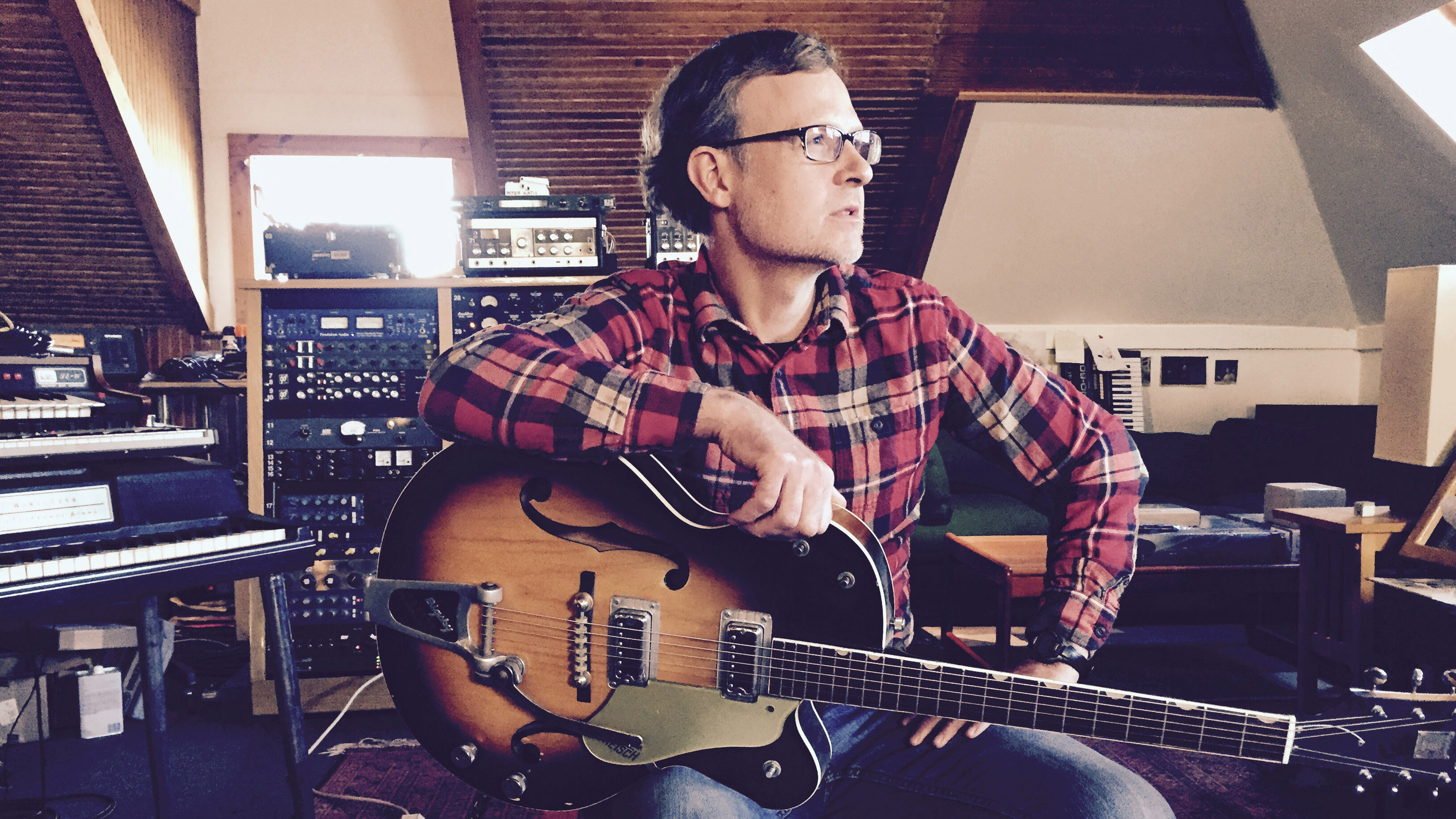
Want all the hottest music and gear news, reviews, deals, features and more, direct to your inbox? Sign up here.
You are now subscribed
Your newsletter sign-up was successful
Tucked away in the most unlikely place — an 7000-square foot, three-story Victorian house in Bridgeport, Connecticut — Peter Katis owns and operates Tarquin Studios, a multi-room recording facility filled with decades’ worth of modern and vintage gear that could make the most diehard collector’s head spin.
It’s here that he has produced, engineered, and mixed hundreds of albums for artists such as Kurt Vile, Augustines, Interpol, The National, Brian Fallon, and his own indie pop band, The Philistines Jr.
Katis, who also plays guitar, was born in New York City and grew up in Connecticut. In the late 1980s he formed The Philistines Jr. with his youngest brother, Tarquin, on bass and vocals. While recording the group in a studio set up in his parents’ basement, he discovered his passion for production.
He graduated from the University of Vermont, and moved back to New York to attend classes and teach studio production at SUNY. While there, he worked his way up the ranks in several studios and was soon in demand as a producer and engineer.
In 1999, he returned to Connecticut, bought the house, converted it into a high-end recording-and-residence studio, and has since worked tirelessly on project after project. In recent years, cognizant of the high level of creative and deadline-driven anxiety suffered by artists and engineers, he has made a conscious effort to achieve a work/life balance.
While mental health doesn’t often factor into conversations about capturing guitar sounds, experience has taught Peter Katis that it’s as important a component as mic placement and EQ. That, he says, and “I’m the son of two psychiatrists.”
"They love to talk about how mean I am, and of course I’m not mean at all!"
You’ve made eight albums with The National. Would you mind telling us a bit about your working relationship?
"I first met them in 2002, when they had already recorded their second record, Sad Songs for Dirty Lovers, but they wanted it mixed. The next record was supposed to be Alligator, but in the middle of it I had to take a break because Interpol wanted to come in and work on their second record. In the meantime, The National put out the Cherry Tree EP, which I didn’t mix for obvious reasons. They came back in the fall and we finished Alligator.
Want all the hottest music and gear news, reviews, deals, features and more, direct to your inbox? Sign up here.
"They love to talk about how mean I am, and of course I’m not mean at all! But when they disappeared for a few months on Alligator and came back with some new recordings, let’s just say I wasn’t impressed.
"The first day of mixing, I had a talk with Aaron [Dessner – guitars, keyboards] as I was on my way out, and I said, “This is pretty compromised, and we have two choices. We can re-record these songs, which is going to throw everything out of whack, or we can say ‘F it’ and mix it, and whatever happens, happens.
"I got home and he said, “We had a band meeting. Let’s just try to mix it.” So it’s a combination of analogue sounds mixed with cheap drum machine samples. I did whatever I could to make those sounds interesting. It’s a scrappy-sounding record, but I still really like it.
"The next record was Boxer, which is the only one we did 100 percent at my studio. That was a long run"
"The next record was Boxer, which is the only one we did 100 percent at my studio. That was a long run. It was three months of straight tracking in the summer of 2006, and we were not getting any closer to the end of the record.
"We kept re-recording songs, the band was writing new songs, we were recording them, and then they would go back to the ones they had first. Finally I said, “Everybody go, and come back when you’re ready to mix. Finish it at home, or in another studio, or in your practice space, and come back when you’re done.”
"They came back four months later and we spent another six weeks mixing the record. So that was a tough one, but it was a big record for them. Sonically, it’s one of the records I’m the happiest with.
"For High Violet, they built their own studio in Brooklyn, spent a year recording it on their own, and came in to mix. It took us two-and-a-half months in the dead of winter, so you can imagine what that was like. Again, a very stressful record.
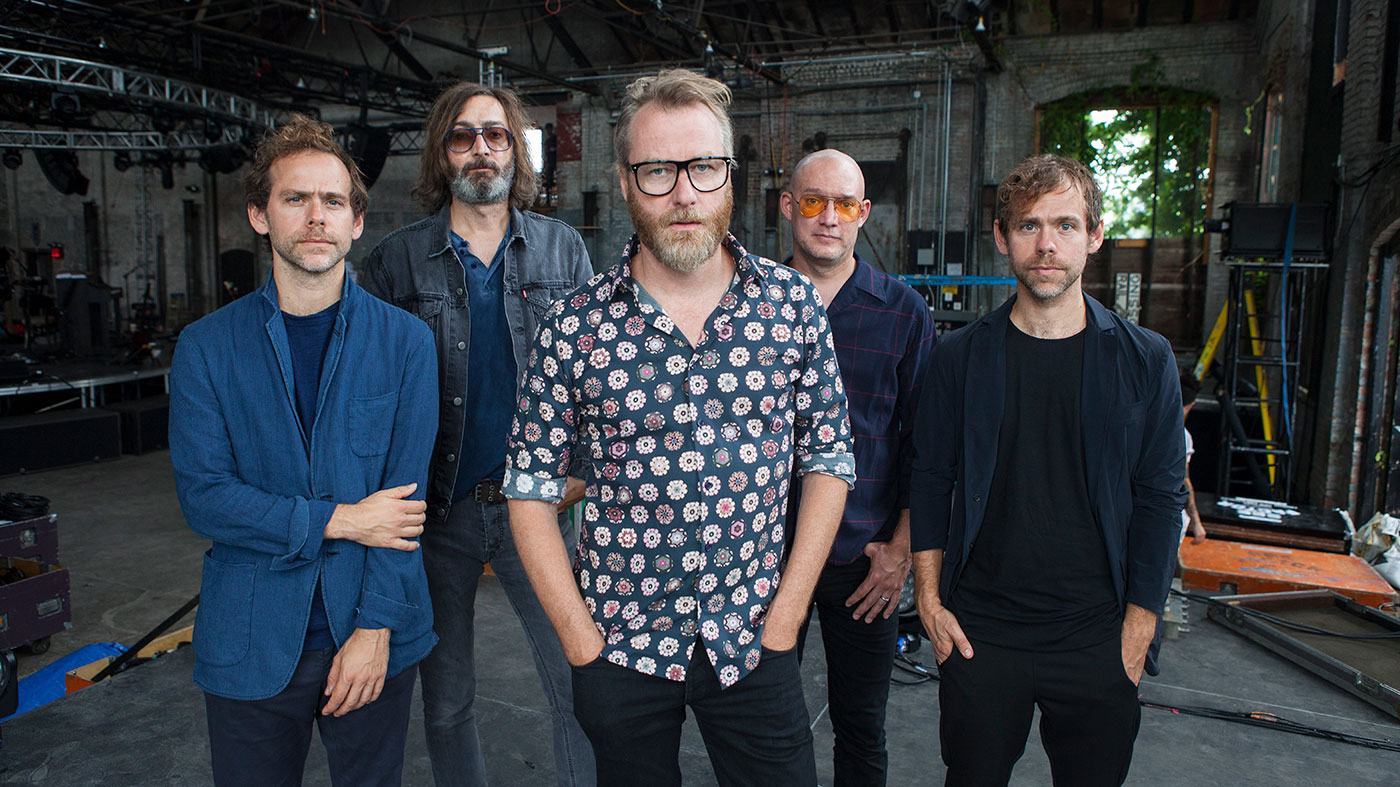
"I always talk about how difficult and stressful these records are, and it has nothing to do with the music or the people. I love the music of The National, and the guys are some of the nicest you’ll ever meet. It’s just that it takes so long because they’re self-critical and need that process of doing and redoing and changing and trying again. That’s the only way they arrive at stuff they’re happy with.
"Trouble Will Find Me is the only one I had little to do with. I mixed one song, because they wanted to try something different. But they came back, which was nice.
"Sleep Well Beast was recorded at their studio in upstate New York. I mixed that one and it won a Grammy, which was amazing. I think it was pretty shocking to everybody.
"The most recent one is I Am Easy To Find, which is a really cool record. It’s gotten a lot of different reactions because it’s not just Matt [Berninger] singing on it, but it’s a beautiful record.
"And I’ve also mixed a bunch of records that Aaron produced."
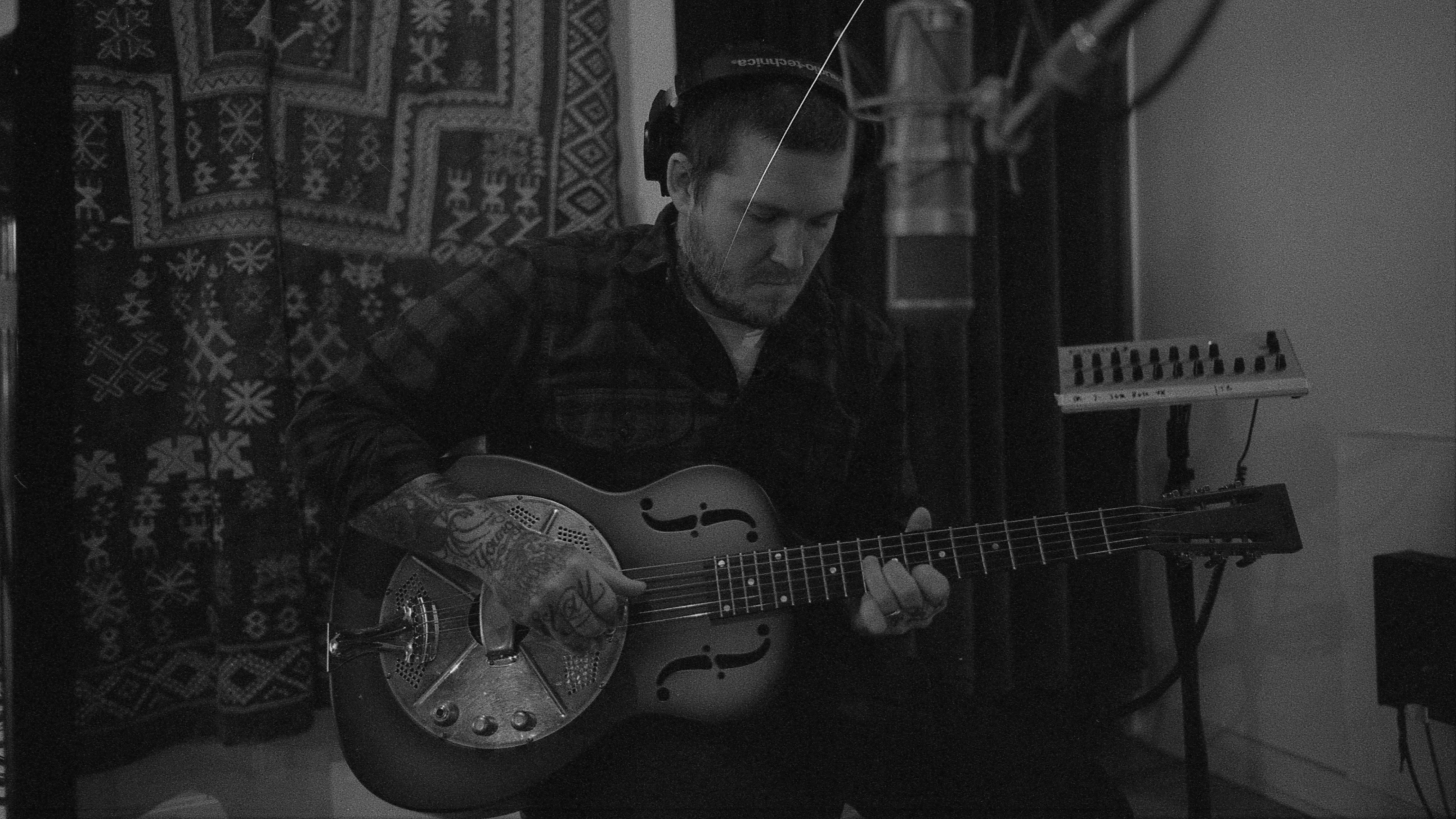
Interview: Brian Fallon goes in-depth on the making of new album Local Honey
Brian Fallon told Music Radar that when you heard the demo of his song 21 Days [Peter produced Brian's third solo album Local Honey], you said, “I’m not sure I know what to do with this kind of music.” Between that and what you shared about Alligator and Boxer, it seems you are very much upfront about what you can and can’t work with.
Those are two different stories. The Alligator thing is, “We’ll mix it if you want,” and Boxer is, “Get out, and come back when it’s done.” That was a logistical decision.
"With Brian Fallon, I wasn’t into the song. He reworked the demo and took a different approach that I could work with. Even though I’m pretty honest, you don’t have to be completely honest at every moment. You don’t have to love every creative choice that everyone makes.
"It’s not like I’m always right. I’m perfectly capable of working on music that I don’t totally love, but it definitely helps if I’m into it. So with Brian, I told him I was not the guy to do it, and when he presented something new, I said, “Sure, that’s exciting.”
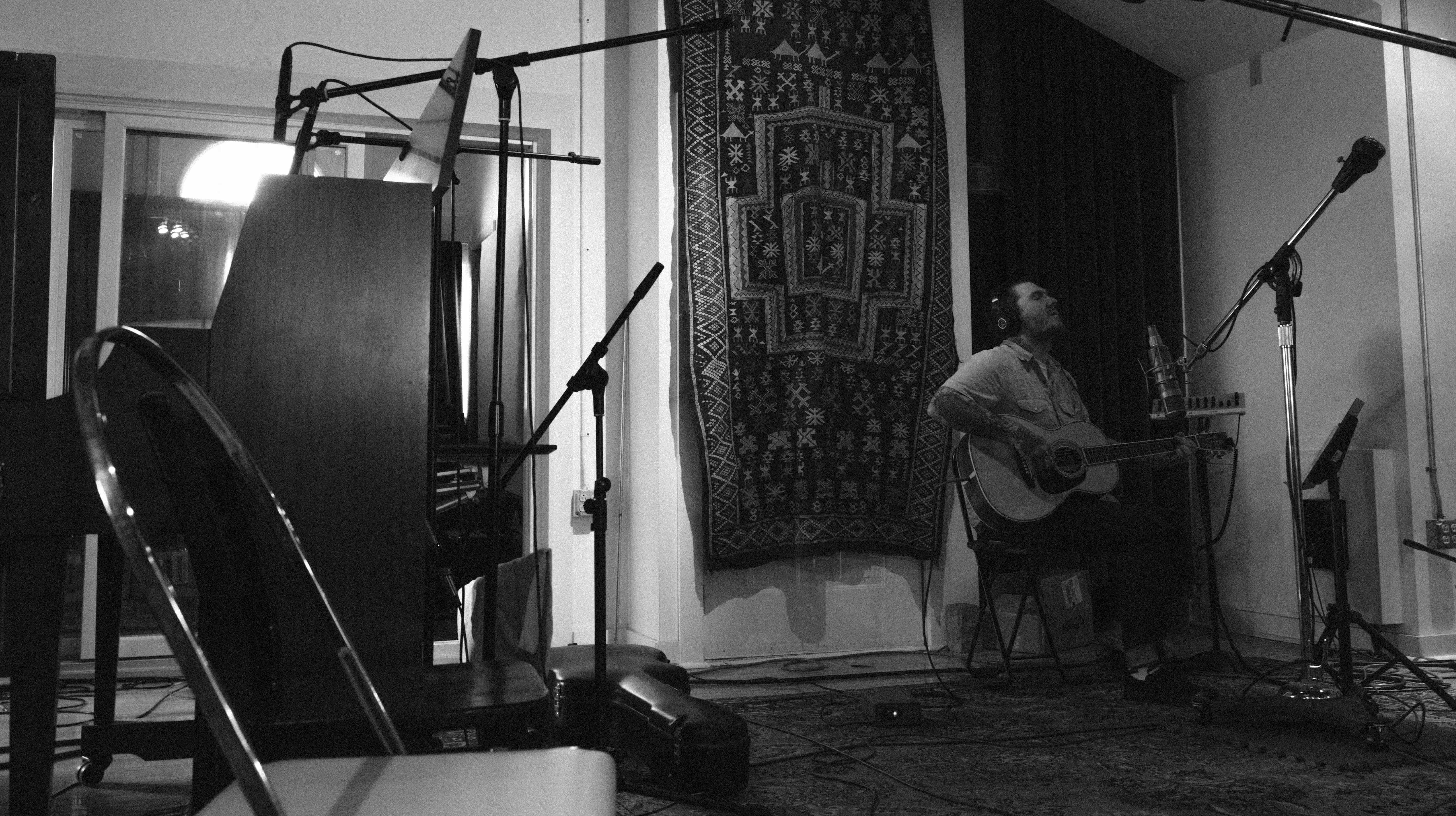
"Trust is a tricky thing; sometimes it’s there and sometimes it’s not totally, because it’s artistic life or death, so bands are very intense and scared and nervous that it’s not going to turn out well"
There is something to be said for not just doing it by rote and taking someone’s money
"At the same time, it is art, but it’s also a job, so you don’t have to love everything you do, or you won’t work very much. I go right down the middle and I think in a reasonable way. I have very specific personal tastes that don’t always line up with music that’s very good, but there’s also a lot of projects where, when I begin them, I go, “Oh, I don’t know about this,” and it becomes “I love this!” So it’s both things."
When you develop long-term working relationships, do you grow as the artist grows?
"For sure. It’s definitely true because bands usually do grow, and I like to think that every year I get better at my job, so I guess that’s why one doesn’t necessarily abandon the other. They’re both moving forward in their own ways."
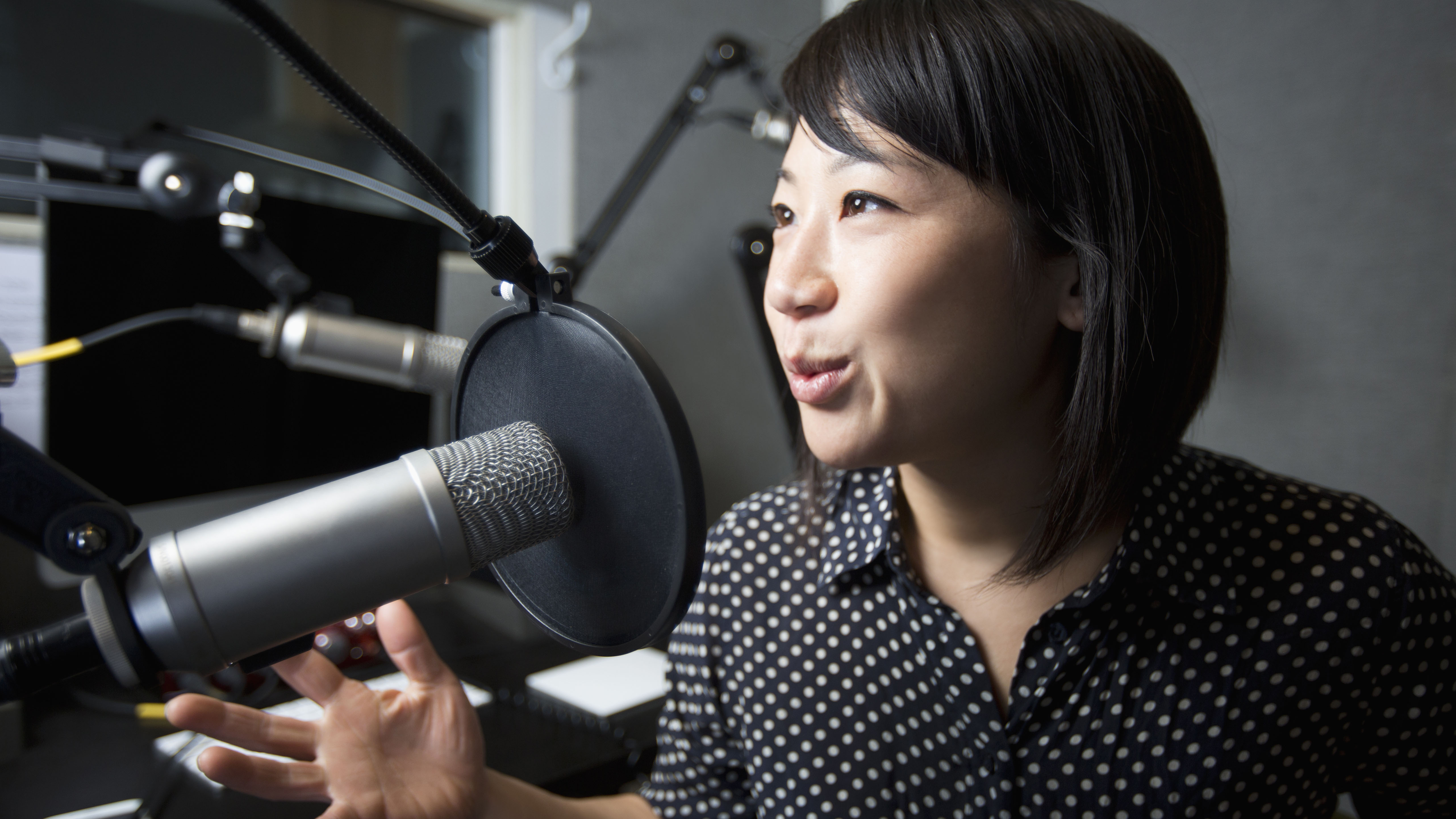
The best microphones for recording instrument, vocals and podcasts
"There are still some things that, after all these years, it takes a whole record for someone to get about another person. Trust is a tricky thing; sometimes it’s there and sometimes it’s not totally, because it’s artistic life or death, so bands are very intense and scared and nervous that it’s not going to turn out well.
"But the records that go the best are the ones where you establish a certain amount of trust and everyone does their thing, instead of being scared of it not being good.
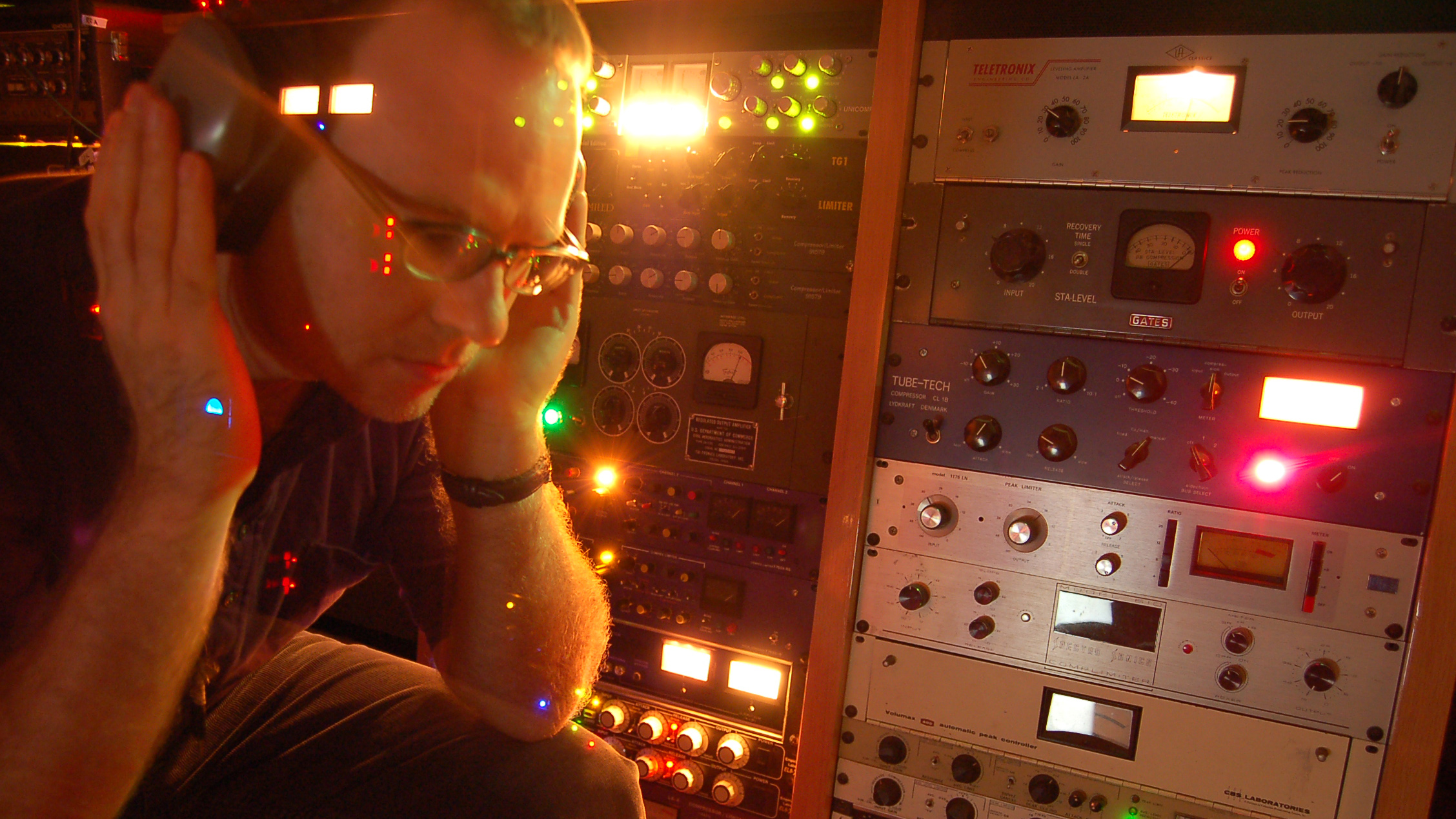
Your studio is in its 22nd year of operation…
"The studio started in fall of 1999, and it was a different world. Back then, there were major-label budgets, so it didn’t seem as obvious a choice to build a residential studio. But I thought, If I want to record bands that don’t live here, what do I do? You can’t have hotel rooms. I have to build a residential studio.
"It took me quite a while to find a place that I thought would work. Bridgeport is a beautiful town, and I got an amazing deal on this house, which had a lot wrong with it, so I’ve learned over the years about everything a homeowner can be responsible for.
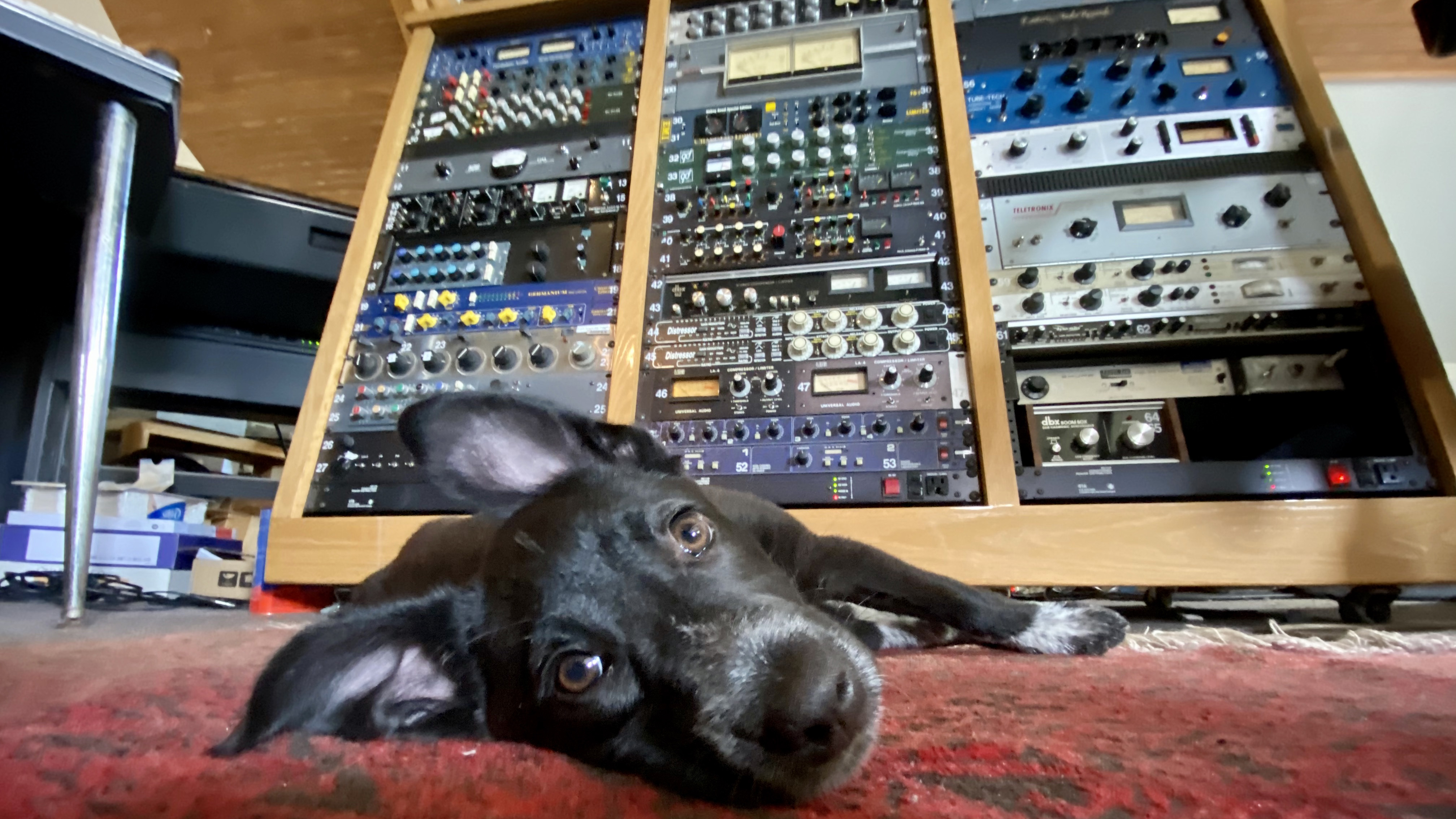
"I was able to take the whole top floor for the studio, and the second floor is band residence. There are six bedrooms and four bathrooms. The first floor used to be partly band residence and partly private residence because I lived there, but I moved out about five years ago. Now the first floor is band bedrooms, a kitchen, and a second studio that some buddies of mine work in when I’m not using it or when I’m mixing upstairs.
"When I’m doing a full-on album project where a band is there for a couple of months, and we’re working all day, every day, on their album, that second studio becomes Studio B, so they can do bass overdubs and background vocals while I’m upstairs putting the record together and mixing. One of the bedrooms becomes a studio sometimes too. It’s definitely a busy place."
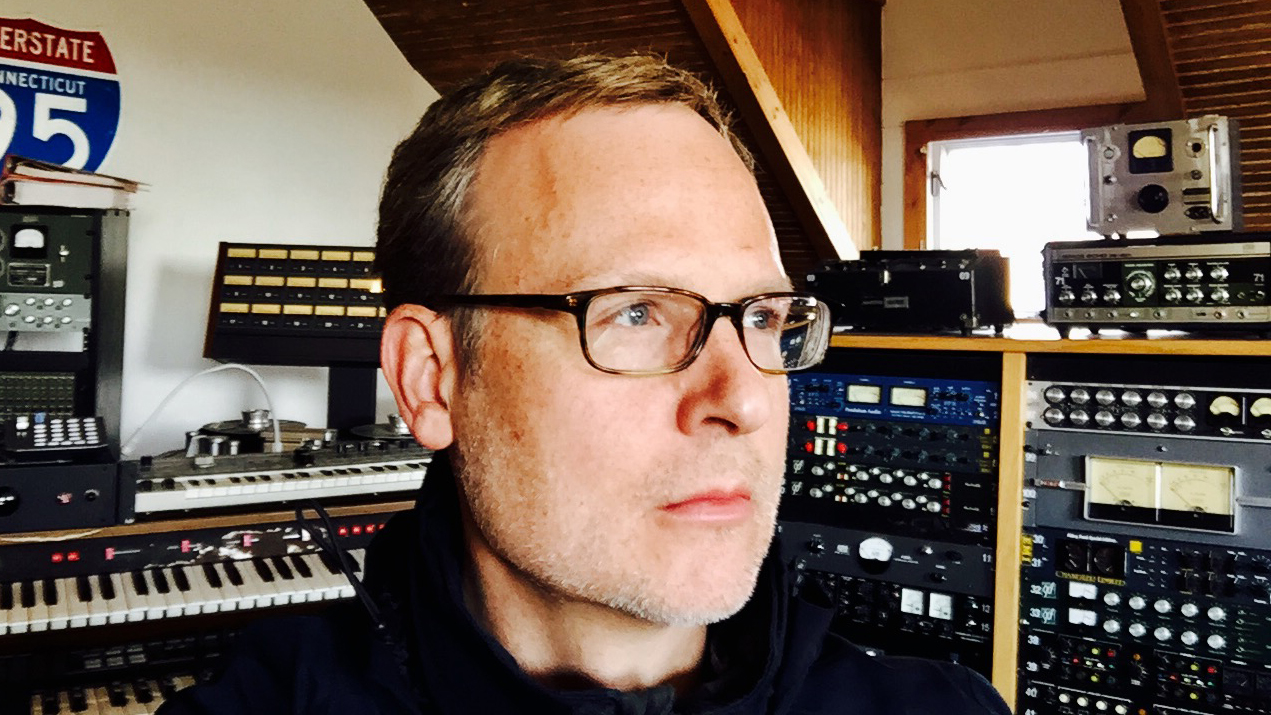
You have quite a lot of vintage gear. How much of it do you still use?
"A lot. I’m not hardcore this or that or the other thing. They each have their uses and play their roles. I started doing this in the early ’90s in my parents’ basement, and back then your studio was your tape machine, console, microphones, and outboard gear, so if you wanted to get weird sounds and interesting colors, you needed this analogue hardware, things like funky preamps or compressors.
"Now I don’t buy gear; I just fix gear"
"There were plugins twenty years ago, but they weren’t so great. Now they’re extraordinary. I could easily make records with a fraction of the stuff that I own, but it still looks really good there in the rack!
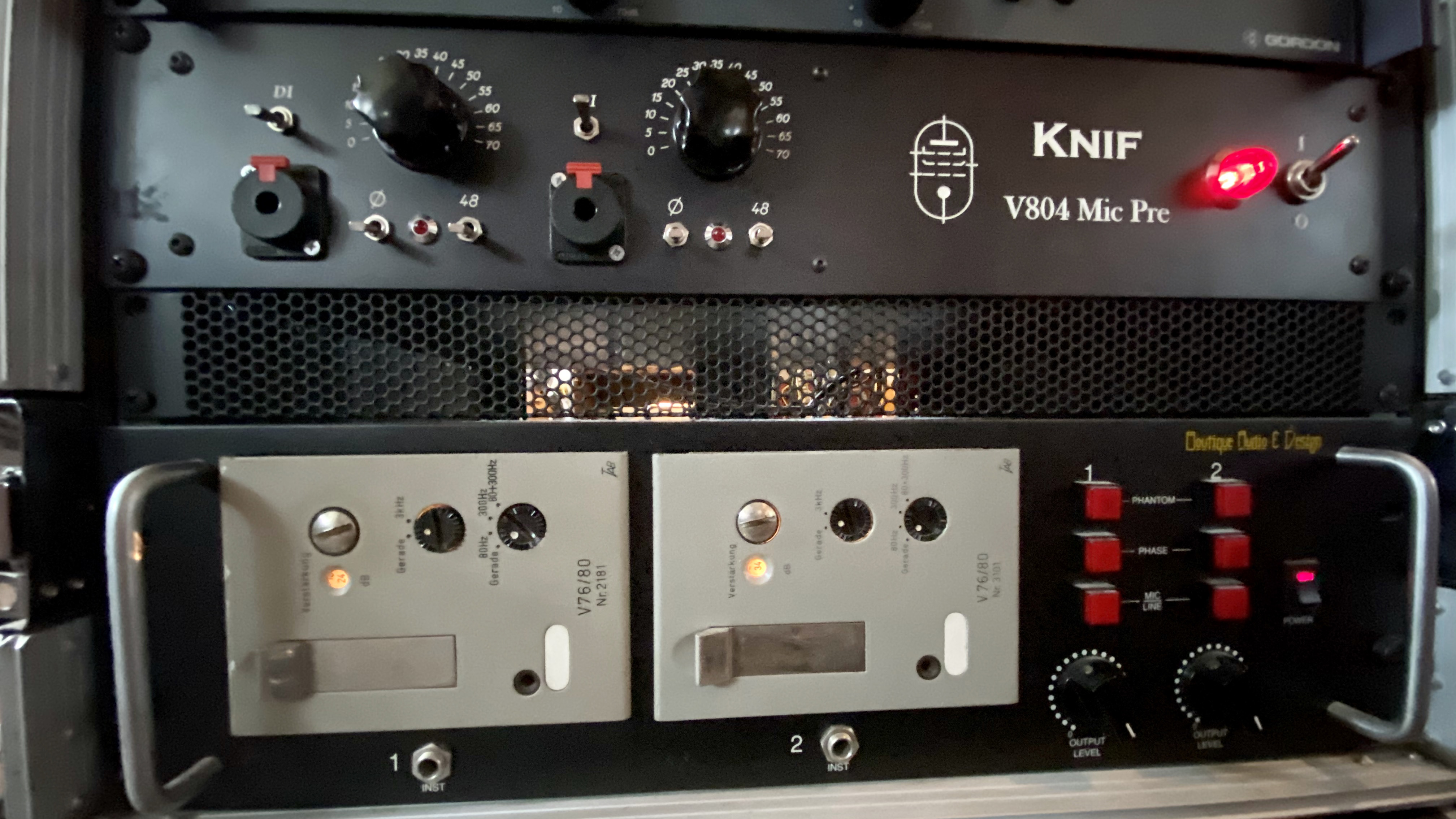
"People love the idea of overdriving preamps, and most of the time it sounds crappy"
"The first preamps I ever bought were a pair of Telefunken V76’s, which are arguably the best preamps ever made. They’re amazing tube preamps. I use those for guitars and vocals a huge percentage of the time. I also have a Knif unit. They’re a new-school version of the V76’s, and I use those part of the time too.
"People love the idea of overdriving preamps, and most of the time it sounds crappy. The V76’s are a rare example that will overdrive in a musical way. To me, they’re the Holy Grail of guitar preamps. They’re fat and thick and beefy and a little bit dark, and I’d rather err on the side of beef because it’s easy to clean up.
How do you maintain all that gear?
"That’s a very good and slightly painful question! Now I don’t buy gear; I just fix gear. Last winter I spent more money fixing my EMT 140 plate reverb than I spent buying it eighteen years ago. But you’ve got to do it.
"I spend a lot of money on my tape machines, even though I don’t use them that much. I don’t think I’ve used the 2-inch machine since the last Kurt Vile record, which was over two years ago.
"Every year, people say the volume wars are going away, but they are not going away at all"
"My half-inch machine I use every day. Even if I don’t print to it, I just run through it. I like the VU meters, and it makes sure that I’m running all my other analog gear, my summing mixers and compressors, at old-school analogue levels, because if you’re just mixing into an A-to-D converter, they have so much headroom that you can operate your gear way too hot, and you think it sounds better, but it doesn’t.
"That’s why I use the half-inch machine, the two-track, all the time. And of course I make it much louder with other devices in the computer, because everybody likes their records loud these days. Every year, people say the volume wars are going away, but they are not going away at all.
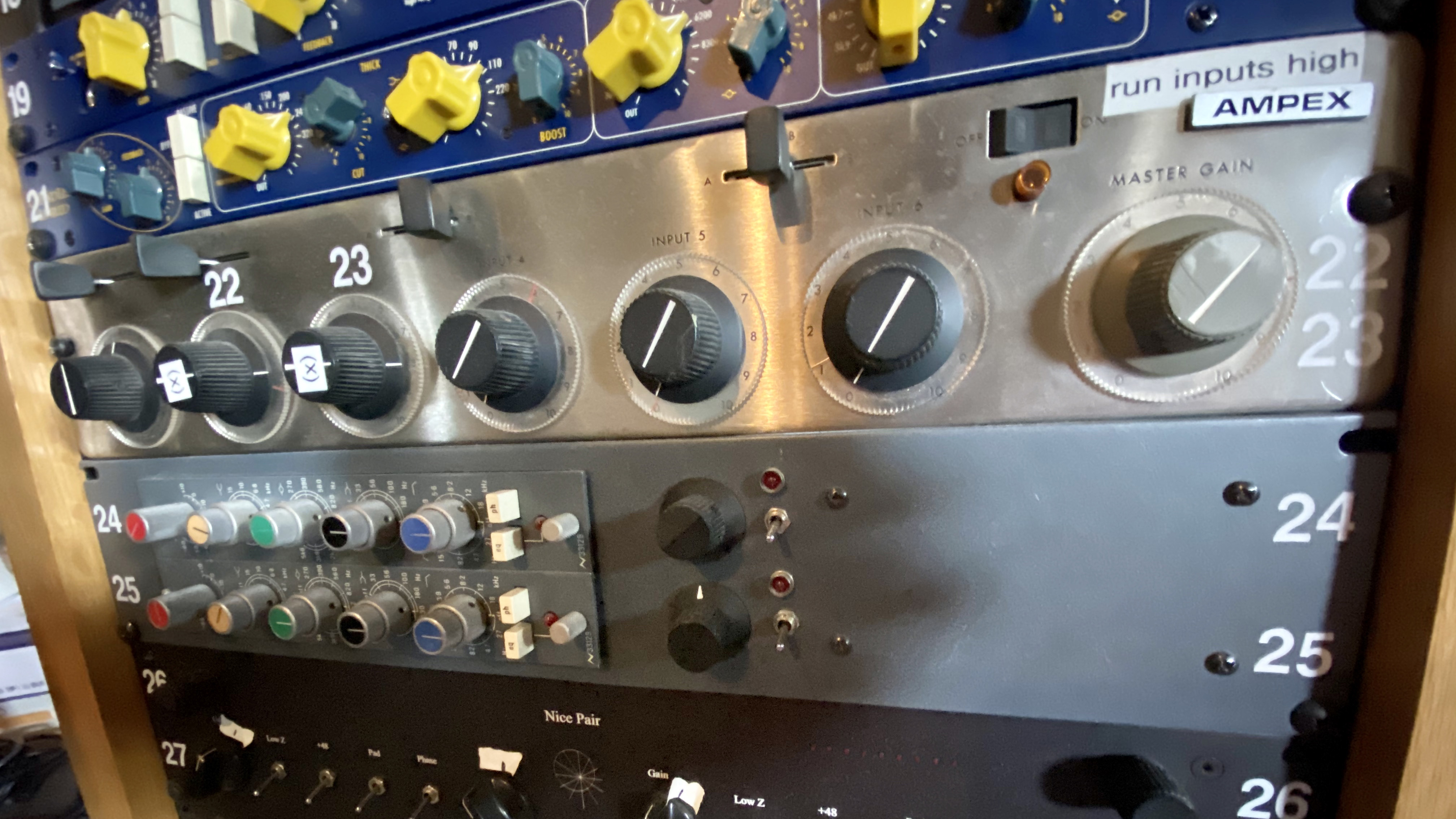
"One of the weirdest things about the first Interpol record is that Paul had never made a record before and he couldn’t stand the recording process and recording his voice"
How long has it been since you recorded to tape?
"The first Interpol record was the last album I ever recorded 100 percent to a reel of 2-inch tape. At the time, all I had was my Neotek console and that pair of Telefunken V76s. The only other preamp I had was this old Ampex AM10, which was a four- or six-channel solid-state preamp I got for $200. It wasn’t especially great-sounding, but I found that it self-distorts musically.
"One of the weirdest things about the first Interpol record is that Paul [Banks – vocals/guitar] had never made a record before and he couldn’t stand the recording process and recording his voice. It drove him nuts.
"He wanted his voice overdriven and this was pre-computer, so if you wanted distortion, you had to distort it as he was singing. I used those old Ampex preamps and that was the final sound. You don’t think of them as distorted vocals, but a lot of them are very distorted."
"Sometimes it’s not even a question of a quality guitar sound. It’s very subjective"
Do you have certain recording techniques that you swear by for guitars?
"It’s funny how naïve you are when you first start. I didn’t think of guitar sounds in divided and specific ways. It was just getting good sounds. But there are so many things that go into it.
"Sometimes it’s not even a question of a quality guitar sound. It’s very subjective. It’s about what they’re going for. Some bands are very good at getting that sound and communicating what they want, and some are not. Those are the toughest days, when you say, “That sounds great,” and the band says, “It’s not what I’m going for.” That’s something you have to work through."
Sometimes getting a great sound takes loads of work — going through guitars, amps, pedals — and sometimes you plug a mic in, point it at the amp, and it works. I don’t like to spend forever getting a sound. It blows the momentum of the session. I would rather get an imperfect sound fairly quickly than spend forever getting a sound that may or may not be really good.
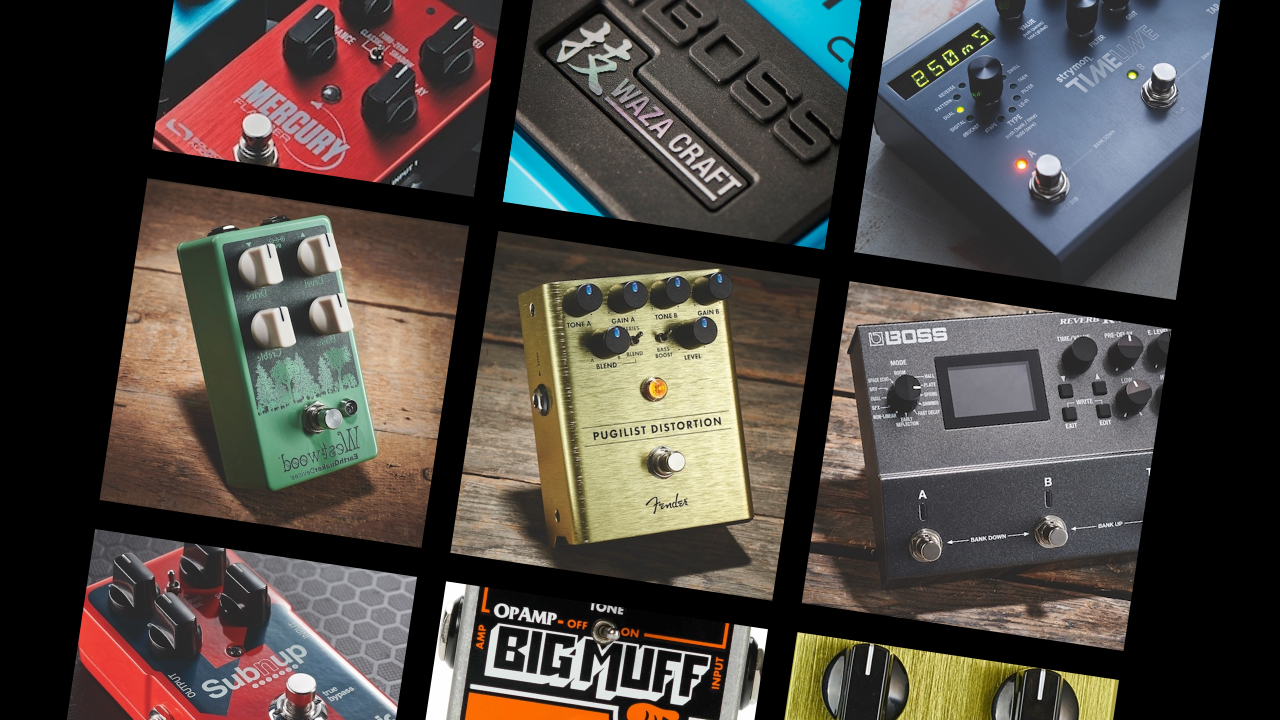
"I’m generally not a fan of recording guitars direct, even as a backup. I do it sometimes, if it’s practical, but I just can’t stand the sound of a guitar through a DI. I know the point is you take that sound and process it, but having come up “back in the day,” I’m not a fan of plugging guitars into DI’s. Bass I’ll plug into a DI happily, but guitars, no.
"I’ve tried to stay away from pedals right off the bat. I’d rather get a cool tone from the amp. But, like plugins, pedals have come a long way, and there are all kinds of boutique pedals that can do all sorts of things.
"I’m still not a fan of most fancy digital pedals"
"I’m still not a fan of most fancy digital pedals. I’m sure I can be proven wrong, but in my experience I’ve never been able to get the sound. I’m sure they’re great live, but they sound a little clinical in the studio. I think when you have the option to use the real thing, why not put in the extra effort?"
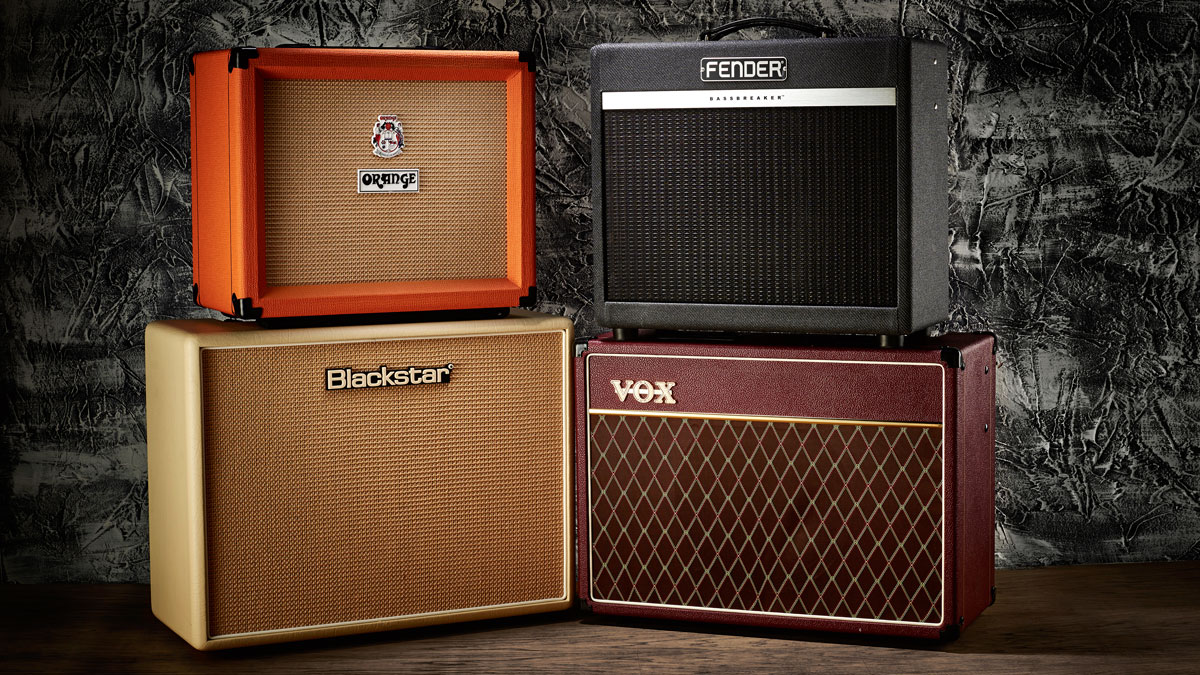
"I’ve definitely heard sounds made in cheap ways that sound fantastic, and sounds through the best gear in the world that don’t, so I’m not dogmatic at all"
What are your thoughts about amp modellers?
"I use guitar amp modellers all the time, but most of the time not on guitar. They’re cool distortion boxes for drums or keyboards or vocals. If I can’t get a good guitar sound, I’d like to think I’m doing something wrong. But for people in different circumstances who can’t do that, I’m sure you can do a lot with modeling now.
"I am not a purist. If you can get your musical idea down quickly through an amp modeller and it sounds pretty good, that’s great. I’ve definitely heard sounds made in cheap ways that sound fantastic, and sounds through the best gear in the world that don’t, so I’m not dogmatic at all."
How do guitarists trip themselves up in the studio?
"Some guitarists want to do endless takes when the track is perfectly good. If someone is never happy and they waste time doing it over and over, part of your job as a producer or engineer is to have some awareness of how good it is.
"I’ve also recorded very competent guitar players who have certain things they’re not good at, and I’ve had to say, “I don’t think this is going to happen.” Don’t punish yourself. Don’t spin in circles. If you just can’t get something right, do something else.
"You might end up with something cool. Don’t spend forever getting a sound or a performance. I don’t consider it a badge of courage to have to slave over something. It’s a drag."
"Bands make records every couple of years, but engineers are making records nonstop and every one is life or death"
You once said, “Although I love doing music, making it is misery; finishing it is nice.”
"That’s absolutely true. Over the years it has gotten easier and less agonizing, but it’s hard work. There are great moments, there always have been, but it’s hard, for sure. Bands make records every couple of years, but engineers are making records nonstop and every one is life or death.
"That’s why I think the job of every producer and every recording engineer is so tough. It’s a very intense level at which to operate your brain and body.
"I’ve learned to take a more even-keeled approach. I used to work any number of days in a row, any number of hours. As I’ve gotten older, I’m at the studio for eight-hour days and I don’t work on weekends. Otherwise, I’d be dead."
"People always say, “Why do you work yourself into the ground? Why don’t you schedule more time off between projects?” Because it doesn’t happen. You have to make a living, you don’t want to turn away opportunities, and when you do plan time off, something will run long, or something new will come up at the last minute and you don’t want to say no."
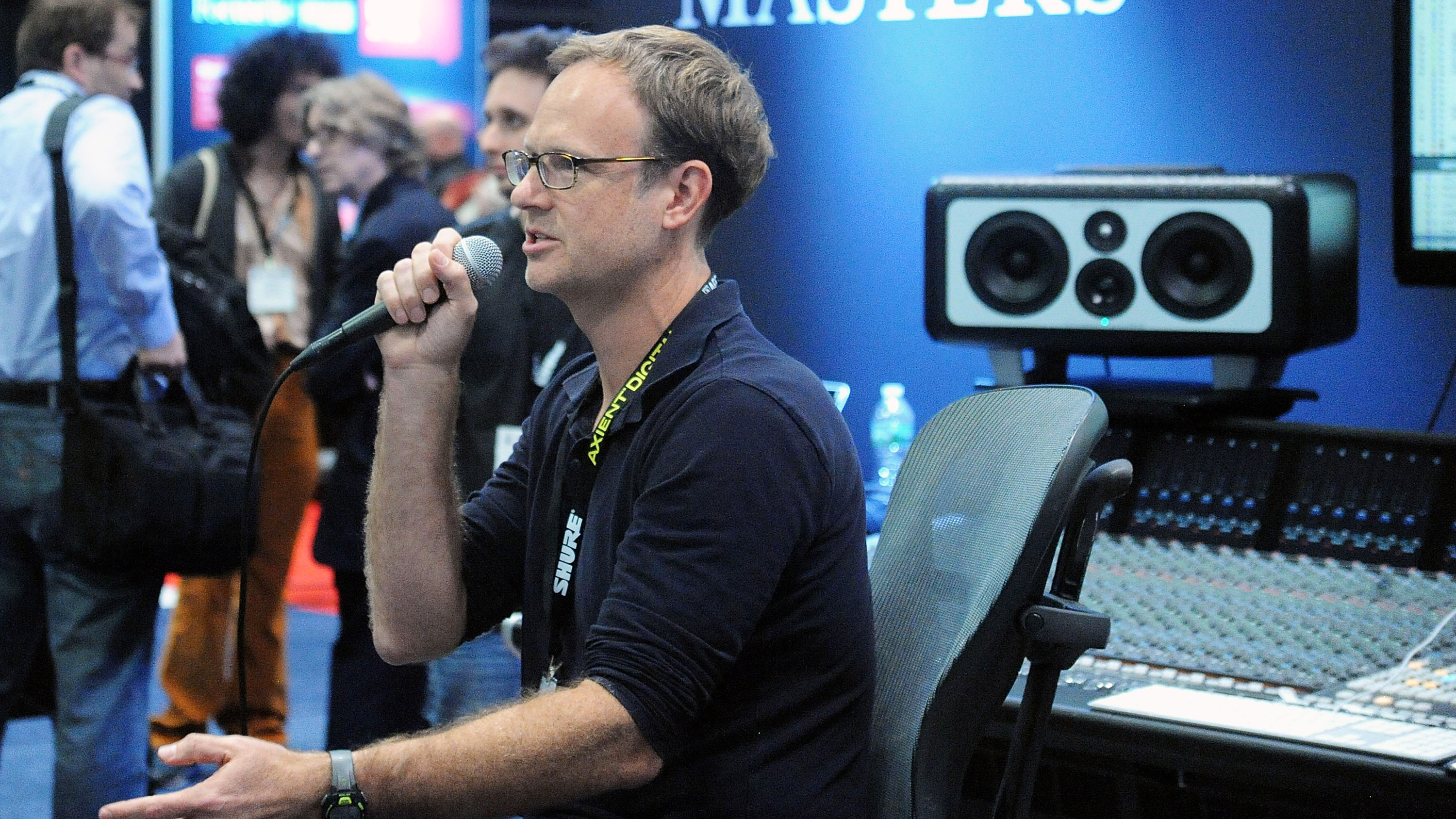
"There are some bands that can never finish… and that can really screw up records. I’ve seen it ruin careers"
The mental health aspect of recording is not something we hear about often, if at all
"There are levels of anxiety that all people deal with. It’s not something people talk about, but it’s a huge thing in the studio. There’s anxiety before every project. Everyone is worried. Some bands have meltdowns right near the end of the record, for any number of reasons.
"There are some bands that can never finish. They’re afraid it will be done, and that can really screw up records. I’ve seen it ruin careers.
"I don’t want to get overly philosophical, but while I think it’s great to be passionate and ambitious beyond description, you have to balance it with some level-headed realism about what you can get done, how long it’s going to take, and how good it’s going to be.
"Especially now, in this world of Pro Tools, you can go on forever. You can make one record your whole life. So you have to have that sense of when it’s time to put the paintbrush down.
For more information on Tarquin Studios head over to tarquinrecords.com
